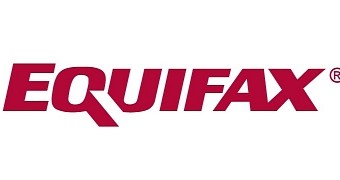Credit reporting agency Equifax announced that some personally identifiable information (PII) has been leaked from their systems as a result of an error of technical nature that occurred during an operation for replacing software.
The incident, which affects residents in New Hampshire, occurred on March 15, 2015, and it appears that the PII of only one individual reached unintended recipients via email.
Some of the info is not fully visible
According to a letter disclosing the incident to the impacted people and the Attorney General in New Hampshire, the investigation ensuing after the leak determined that data belonging to other individuals included sensitive details about their credit file, which contains social security numbers, as well as bank account numbers.
However, in these instances the company says that the details were not available in full, as they were either truncated or hidden from view.
Credit files also contain home addresses, names of the creditors, and the payment history for the credit account. An ill-intended person in possession of this data could easily run a scam on the owner to gather more details that could be used for financial gains.
Complimentary identity protection service provided
The particularities that led to this issue have not been released, but Equifax notes that it tried to contact each client that received by mistake the identifiable info of the New Hampshire resident, “in an effort to retrieve the inadvertently mailed information,” reads the letter.
Furthermore, Equifax alerted the Attorney General’s offices of each state where people who received details of other individuals reside.
Since Equifax is one of the three major credit agencies in the US, its portfolio also features identity protection services. To protect its customers, the company offers all affected individuals free subscription to its ID Patrol product, which is used for monitoring credit files and produces automated alerts when important changes appear.
Applying for protection via this service has to be completed by September 30, 2015, because enrollment is not automatic.

 14 DAY TRIAL //
14 DAY TRIAL //